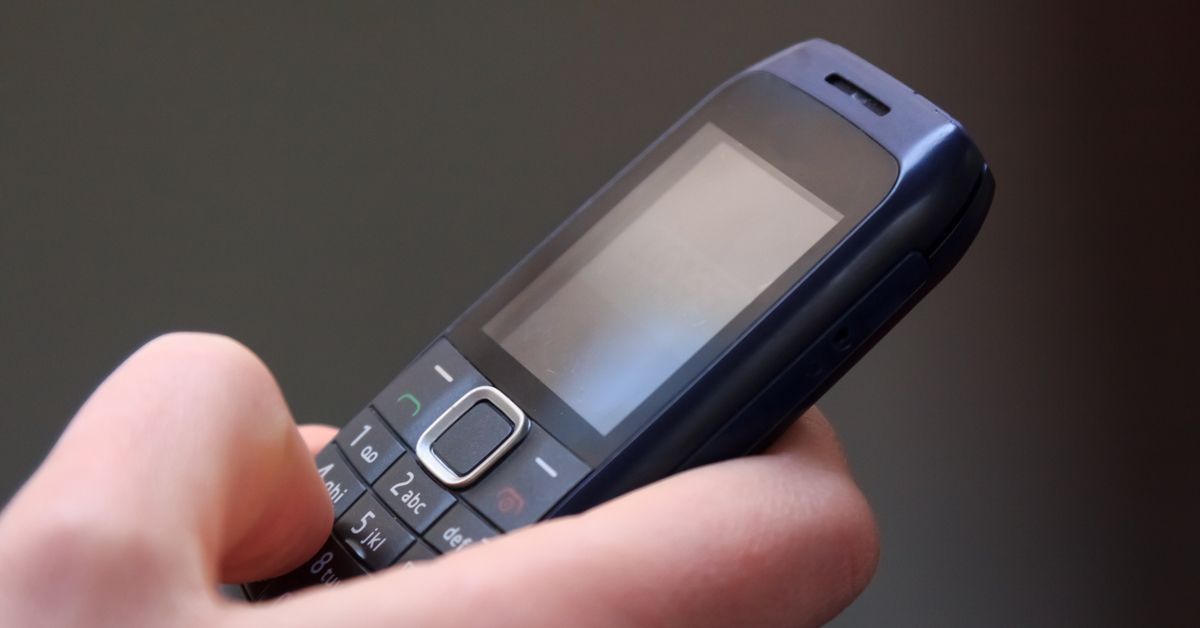Although the basics of the "809 area code" scam were once real, this item has also become one of the most relentlessly overpublicized instances of online scarelore, with dire warnings all out of proportion to the scam's rate of occurrence and potential for damage having continuously circulated on the Internet for the better part of two decaded:
DON'T EVER DIAL AREA CODE 809
This one is being distributed all over the US. This is pretty scary especially given the way they try to get you to call. Be sure you read this & pass it on to all your friends & family so they don't get scammed! Don't respond to Emails, phone calls, or web pages which tell you to call an "809" Phone Number. This is a very important issue of Scam Busters! because it alerts you to a scam that is spreading *extremely* quickly - can easily cost you $24,100 or more, and is difficult to avoid unless you are aware of it. This scam has also been identified by the National Fraud Information Center and is costing victims a lot of money.
HERE'S HOW IT WORKS:
You will receive a message on your answering machine or your pager, which asks you to call a number beginning with area code 809. The reason you're asked to call varies, it can be to receive information about a family member who has been ill, to tell you someone has been arrested, died, to let you know you have won a wonderful prize, etc. In each case, you are told to call the 809 number right away. Since there are so many new area codes these days, people unknowingly return these calls.
If you call from the US, you will apparently be charged $2,425 per-minute. Or, you'll get a long recorded message. The point is, they will try to keep you on the phone as long as possible to increase the charges. Unfortunately, when you get your phone bill, you'll often be charged more than $24,100.00.
WHY IT WORKS:
The 809 area code is located in the British Virgin Islands (the Bahamas). The 809 area code can be used as a "pay-per-call" number, similar to 900 numbers in the US. Since 809 is not in the US, it is not covered by U.S. regulations of 900 numbers, which require that you be notified and warned of charges and rates involved when you call a "pay-per-call" number. There is also no requirement that the company provide a time period during which you may terminate the call without being charged. Further, whereas many U.S. phones have 900 number blocking to avoid these kinds of charges, 900 number blocking will not prevent calls to the 809 area code. We recommend that no matter how you get the message, if you are asked to call a number with an 809 area code that you don't recognize, investigate further and/or disregard the message. Be wary of email or calls asking you to call an 809 area code number. It's important to prevent becoming a victim of this scam, since trying to fight the charges afterwards can become a real nightmare. That's because you did actually make the call. If you complain, both our local phone company and your long distance carrier will not want to get involved and will most likely tell you that they are simply providing the billing for the foreign company. You'll end up dealing with a foreign company that argues they have done nothing wrong. Please forward this entire message to your friends, family and colleagues to help them become aware of this scam so they don't get ripped off.
Specifically, four important pieces of information to note about this scam are:
- Not every phone number in the 809 area code is part of this scam, and calling such a number will not necessarily result in exorbitantly large charges on your phone bill. Most numbers within the 809 area code are ordinary, legitimate phone numbers within the Dominican Republic.
- This scam has been used with other area codes besides 809.
- The amounts of money involved have become greatly exaggerated as this warning has circulated on the Internet.
- This scam is no longer very common, and the average U.S. resident is unlikely to ever encounter it.
The scheme preyed upon U.S. and Canadian residents unfamiliar with the complexities of the phone system back when North American area codes were first assigned to outlying territories. Most North American residents at the time expected that when they placed a call to a standard area code + exchange + phone number combination (e.g., 213-555-1212), they were calling a person or entity located in the U.S. or Canada, as most phone connections outside those countries required the caller to first enter a country code, then a number generally different in format from the standard we're used to. However, some foreign territories and countries (such as the Dominican Republic and the British Virgin Islands) have also since been assigned North American-like area codes, and therefore their phone numbers began to look like the "standard" phone numbers we're used to. Scammers used a variety of schemes to dupe Americans into calling these numbers by sending messages to pagers, fax machines, e-mail addresses, or answering machines, accompanied by notifications that the recipients needed to call or fax them back because:
- They have won sweepstakes or lottery prizes they must call to claim.
- A family member is desperately ill or injured.
- A bill or credit card debt is past due and needs to straightened out immediately to avoid collection action or an endangered credit rating.
- They are being offered solicitations to become "mystery shoppers" who will be well compensated for a few hours work per day. (The "applicants" are kept on the phone through a lengthy sign-up procedure that never results in anyone's getting a job.)
- They are being considered for employment and must transmit lengthy forms covering quotations on proposed jobs or information about their services and prices.
Once the victim placed a call, he was typically connected to a fax machine, lengthy recorded message, or a pay-per-call service with a hefty up-front fee, all intended to keep him on the line as long as possible while the clock ticked and the charges mounted. The scammer's foreign phone company then billed the victim via the latter's local phone company, splitting the monies collected with the scammers and leaving the victim little or no recourse since the foreign phone company operated outside U.S. jurisdiction and was therefore not subject to U.S. laws (especially regulations requiring the operators of pay-per-call services to notify callers in advance how much they will be charged for each call and offer them an opportunity to hang up without incurring any charges).
As mentioned above, the amounts of money involved in these scams has been greatly exaggerated (probably by computer-introduced transcription errors) to the point that readers are now warned they may be charged more than $2,400 per minute if they fall for this scam! Actually, a victim might realistically have been taken for $25 or so, but not thousands of dollars (and in most cases customers can now get such charges removed from their bills by contacting their phone service providers). This scheme has been worked with a variety of Caribbean area codes, not just the 809 area code mentioned above (which now belongs exclusively to the Dominican Republic, the British Virgin Islands having switched to 284), but 809 seemed to work especially well because many people associated it with toll-free 800 numbers and believed they would incur no charges for calling such a number. This scam took off when the government cracked down on domestic 900-number abuses in the 1990s, but it isn't especially common any more, and most consumer watchdog organizations report they receive far, far more calls from people concerned about the e-mailed warnings than from actual victims.
Warnings have been posted at the site of the National Fraud Information Center (NFIC) alerting businessmen especially to "faxback" solicitations employing the "809" callback trick (such as one sprung on a newspaper that received a call from entities representing a purported hotel developer in the Dominican Republic asking for advertising rate quotes and claiming that "start-up pressures prevent us at this time from using the mails" to request rate cards).
The Better Business Bureau strongly recommends that no matter how consumers are approached, if they are asked to respond to an "809" area code call, they should investigate further or simply disregard the message. (There is, of course, nothing wrong with talking to people who live in this area code if you happen to know them. All cautions regarding the 809 code apply only to solicitations to contact folks unknown to you.) If you have to call a number in an area code that's unfamiliar to you, you can use an Area Decoder to check it out first.

